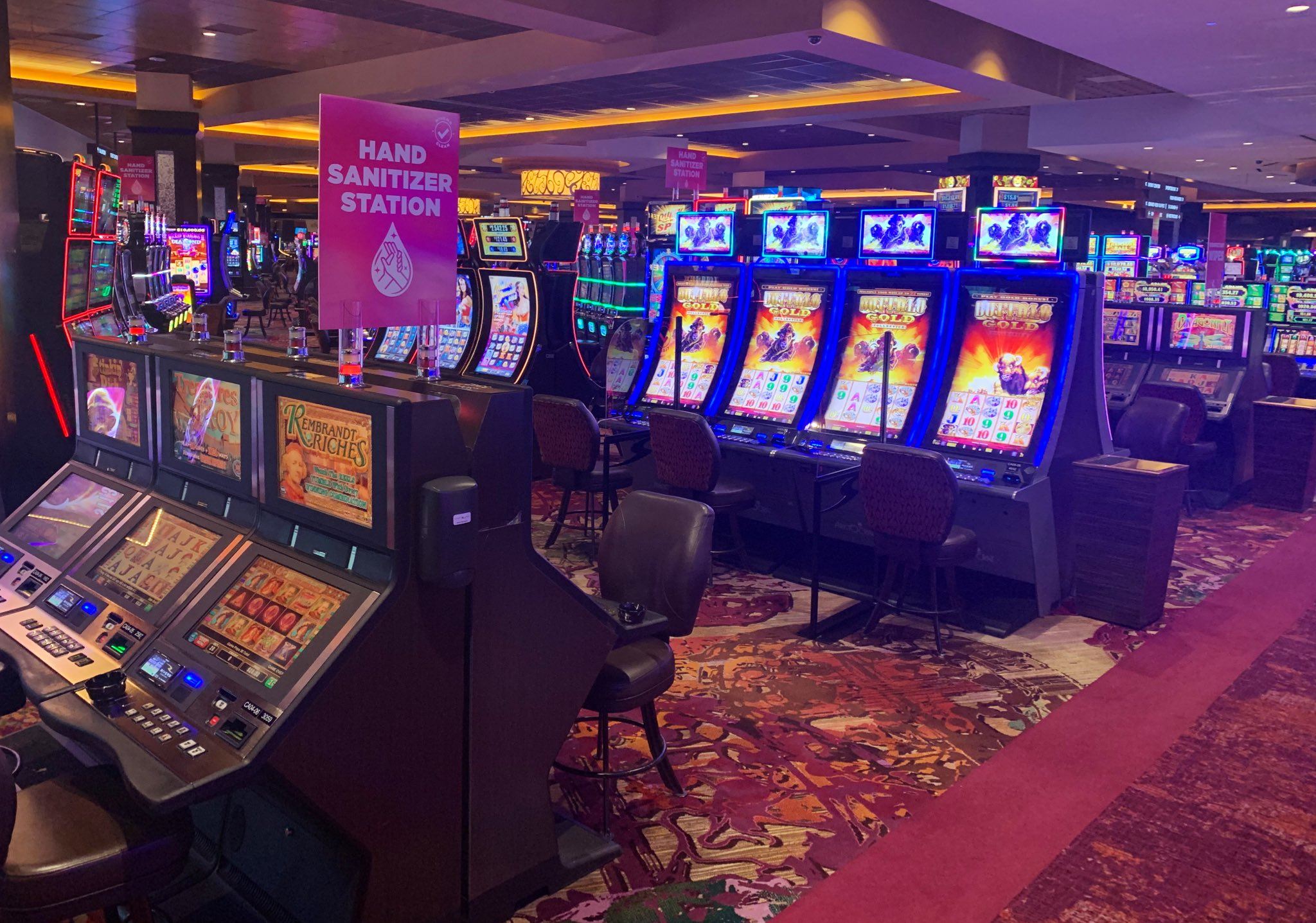
Casino entertainment have long been a engaging source of amusement, drawing millions of players from diverse cultures around the globe. From the glitzy casinos of Vegas to the bustling gambling halls of the Chinese gambling capital, these games serve as a common thread that brings together people across different backgrounds. The allure of fortune, skill, and uncertainty entices not only those hoping to gamble for profit but also those looking for a shared experience.
The significance of casino games extends far beyond the gaming floor. They often represent the values and principles of the societies in which they thrive. Games such as seven-card stud, 21, and the wheel game have integrated into the fabric of cultural phenomena, influencing multiple fields from films to clothing. As we explore this fascinating intersection of luck and culture, we can gain insights into how casino games shape and are affected by the surrounding world.
Historical Development of Gambling Activities
The origins of gaming games can be traced back to old cultures, where betting in different forms was extensively performed. In the East, around 2300 B.C., a variant of lottery known as Keno was well-known, while in ancient the Roman Empire, soldiers would frequently gamble on the consequences of their matches. The notion of using chance for amusement and income developed over the ages, leading to the formation of more formal activities. By the end of the Middle Ages, betting houses began to appear in Europe, notably in the Italian peninsula, which introduced early versions of popular games still enjoyed today.
As betting increased popularity in European regions, the 17th and 18th centuries saw the appearance of gambling establishments as exclusive establishments for gambling. The first official gambling house, the Ridotto, was set up in Venice in 1638, featuring activities like the game of Baccarat and the game Faro. This period marked a crucial turning point, as gaming venues started to welcome not just the wealthy but also the expanding middle class. The refinement of activities increased, leading to the creation of new regulations and modifications that improved the experience of players.
In the 19th century, the era of industrialization and transformations in social norms additionally altered the terrain of gambling activities. The launch of roulette and new one-armed bandits attracted a more diverse audience, and gambling establishments became seen as legitimate fun. This time witnessed the globalization of casino activities, as gambling houses spread from the continent to the Americas, culminating in the creation of the famous Las Vegas Strip in the 1900s. The progress of casino activities has continued into the current era, integrating modern technology and online platforms, making them open to a worldwide population.
# Cultural Importance within Diverse Communities
Gambling games have significant cultural importance in a multitude of cultures around the world. Places like Las Vegas, the very fabric of the urban landscape is woven around gaming venues, where gambling is not just a pastime but a fundamental aspect of entertainment and community life. The bright lights and vibrant atmosphere attract countless individuals, showcasing how games of chance can shape local economical structures and cultural uniqueness. This setting transforms the notion of relaxation into an enriching event that influences style, melodies, and even cinema.
Conversely, some communities approach gambling with greater care, seeing it through the lens of ethical beliefs and heritage. For example, in many Asian communities, games like Mahjongg and Pai Gow Poker are full of history and have significant social relevance. These games are often played during get-togethers and occasions, fostering community bonds and strengthening familial ties. The act of participating in these games goes beyond mere leisure, reflecting ethics such as respect for elders and the importance of shared enjoyment.
Meanwhile, in continental countries such as Monaco and Rome, gambling activities serve as symbols of opulence and sophistication. The stylish atmosphere of these venues attracts both visitors and residents, upholding a sense of prestige and elitism. The art of poker and the tactical components of games like banker’s game are celebrated, influencing interpersonal interactions and establishing an allure that fascinates a varied audience. This highlights how casino games can simultaneously mirror and shape societal views towards danger, reward, and relationship building.
Financial Influence and Travel Industry
Gambling activities play a crucial role in the financial context of many regions, particularly those that depend significantly on visitor traffic. The revenue generated from casino operations fuels local economies, creating jobs not only within the casinos themselves but also in related sectors such as hospitality, restaurant services, and recreation. This influx of tourists, drawn by the allure of gambling and the overall gaming environment, stimulates spending across multiple local enterprises, contributing to the economic vitality of the area.
The existence of casinos often leads to the construction of facilities, including lodging, transportation systems, and recreational facilities. These developments are essential in improving the overall tourist experience, making locations more appealing to tourists. Additionally, many casinos invest in local communities through support of events and philanthropic initiatives, further embedding themselves into the social fabric of the region. Such investment not only supports economic growth but also fosters a positive image of the gambling sector.
In addition, the global popularity of casino games drives tourism competition, with regions vying to attract gamblers from across the globe. Iconic locations like Las Vegas and Macau have become identifiable with gambling culture, drawing millions annually. This advantage encourages creativity and variety within the gaming industry, influencing developments in leisure and accommodation that extend beyond their limits. The ripple effects of this visitor influx extend far, impacting local economies and cultural interactions on a worldwide scale.
Zorototo
